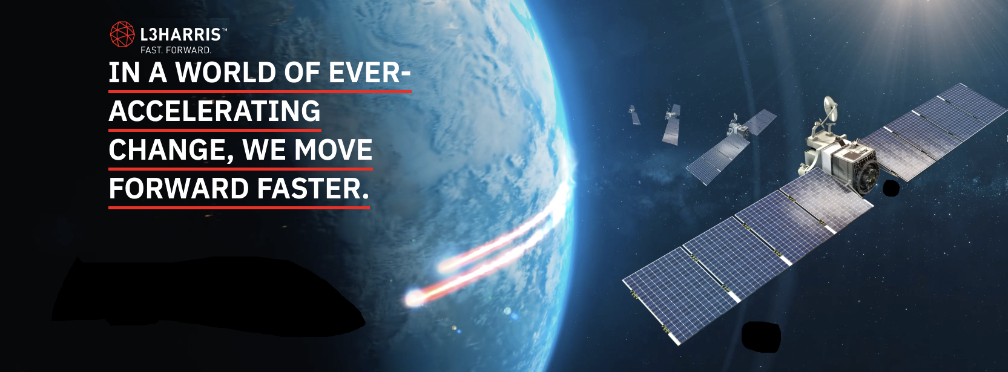
L3Harris Technologies (NYSE:LHX) has been awarded a contract by the Japan Meteorological Agency (JMA) for an advanced study which will significantly improve the accuracy and timing of Japan’s weather forecasting.
L3Harris will lead the geostationary hyperspectral infrared (IR) sounder study for the JMA’s future enterprise. The six-month design study began last month and allows L3Harris to evaluate geostationary sounder instrument concepts. Sounders are advanced spectrometers that produce high-resolution, three-dimensional temperature and moisture profiles from space. The study also will analyze performance, mature the design, and develop ground processing algorithms for prompt use of IR sounder data after launch.
L3Harris’ most advanced hyperspectral sounder, the Cross-track Infrared Sounder (CrIS), is currently flying on NOAA‘s Joint Polar Satellite System (JPSS). The second JPSS satellite is scheduled to launch this fall. Japan’s Himawari-8 and -9 satellites include L3Harris’ Advanced Himawari Imager (AHI) onboard.
AHI is similar to the Advanced Baseline Imager on NOAA’s GOES-R series of satellites – GOES-T launched in March.
“The data provided by L3Harris’ sounders and imagers improves both the accuracy of weather forecasting days in advance and real-time severe weather monitoring, which saves lives and property, especially for extreme weather which impacts Japan, such as typhoons, tsunamis, tornadoes, thunderstorms and micrometeorological events,” said Rob Mitrevski, Vice President and General Manager, Spectral Solutions, Space and Airborne Systems, L3Harris. “Our technology continues to play a critical role in improving severe storm tracking and warnings. The more levels of data, the better the forecast and monitoring.”